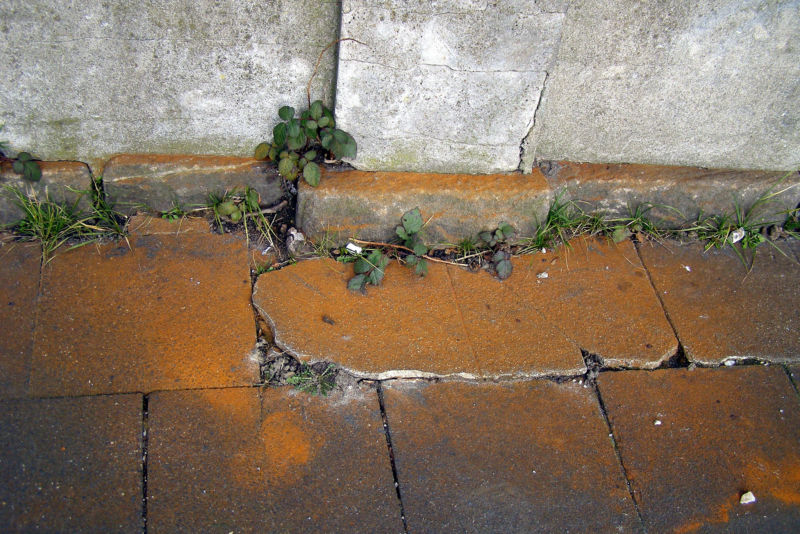https://arstechnica.com/?p=1357561

On Friday, a California jury hit Monsanto with $289 million in damages in a lawsuit brought by a patient suffering from terminal cancer, accepting the plaintiff’s claims that his disease was caused by the company’s popular herbicide, Roundup. The suit neatly sidestepped the complicated epidemiology of the active ingredient in the herbicide, glyphosate, and instead made the claim that the cancer was the result of glyphosate’s interactions with other chemicals in Roundup—a claim for which there is even less evidence.
The suit is one of hundreds in progress, and will almost certainly be appealed by Monsanto, which was recently purchased by chemical giant Bayer.
According to CNN, the suit was filed by a former groundskeeper for a school system near San Francisco named Dewayne Johnson. As part of his job, Johnson regularly used the popular herbicide, and claimed that he suffered extensive exposure during two accidents within the past decade.
The degree of exposure can be an issue with glyphosate. High levels of exposure in animal testing has hinted that the chemical could cause cancer, and some small epidemiological studies found a link between cancers and extensive exposure during agricultural work. That was enough for the World Health Organization to label the idea that glyphosate caused cancer as “probable.”
But there have been questions raised about the significance of the animal studies even as the WHO report was being prepared. And a meta-analysis of epidemiological studies found no consistent association of glyphosate with cancer. European safety regulators have come to an opposite conclusion to that of the WHO, determining that glyphosate is not a carcinogen.
Exposure outside of working directly with the chemical is produces levels that are widely considered safe. For example, FactCheck.org calculated that people would have to eat over 35 kilograms of agricultural products containing glyphosate a day just to reach the strictest safety limits.
So it would be difficult to judge whether Mr. Johnson’s two accidental exposures would cause any cancer risk whatsoever. But that issue was neatly sidestepped during the trial, as Johnson’s lawyers argued that his cancer was caused by the combination of glyphosate and other chemicals present in Roundup. The evidence there is even less certain; glyphosate has been off patent for decades, and is found in products from many manufacturers beyond Monsanto. As a result, most studies focus specifically on the herbicide, since studying individual formulations would leave the work without much statistical power.
For Bayer and its recently purchased subsidiary Monsanto, the verdict is a disaster. A quarter-billion of it is purely punitive damages, meant to punish the company for “acting with malice and oppression.” There are also thousands of other cases focusing on Roundup pending. The company has already stated that it plans to appeal the verdict, and a Bayer spokesman has told the BBC that glyphosate is safe to use.
via Ars Technica https://arstechnica.com
August 11, 2018 at 01:50PM
